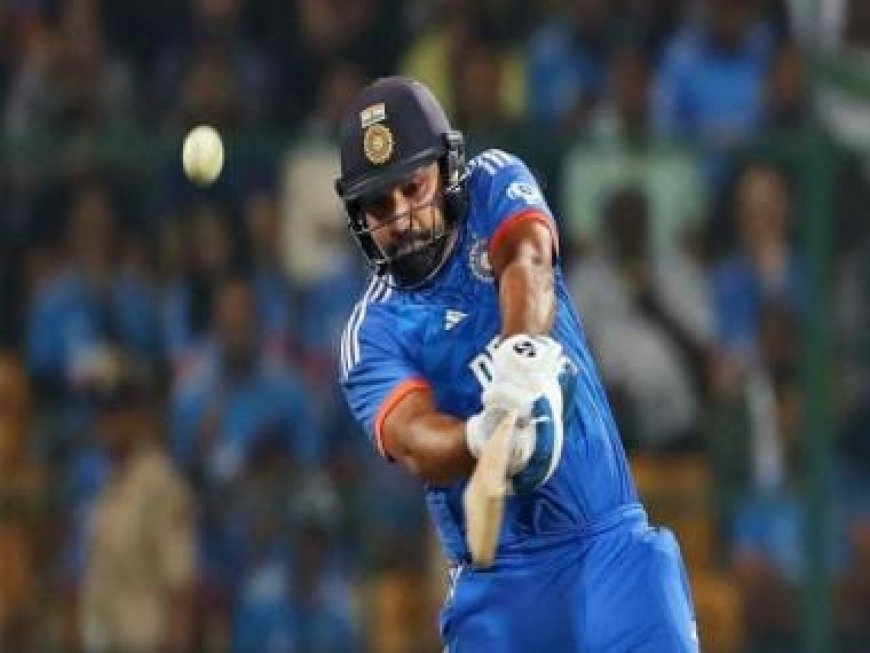India vs Afghanistan: Did Rohit Sharma retire out or retire hurt? Why IND, AFG switched batting?
India vs Afghanistan: Did Rohit Sharma retire out or retire hurt? Why IND, AFG switched batting?

Rohit Sharma batted in both Super Overs despite retiring in the first one as India defeated Afghanistan in a thrilling fashion on Wednesday to sweep the T20 series 3-0. In the third T20 which was played at the M Chinnaswamy Stadium in Bengaluru, two Super Overs were needed to eventually find a winner, making the dead-rubber an interesting affair.
There, however, was some confusion on Rohit batting in the second Super Over as he retired in the first one.
According to ICC’s playing conditions for men’s T20Is, “Any batsman dismissed in any previous Super Over shall be ineligible to bat in any subsequent Super Over.”
It’s important to understand that ICC’s playing condition restricts a batter from batting in another Super Over only when he is dismissed in the previous one. On Wednesday, Rohit batted in the first over and when the chase of 17 runs came down to just two more form the last ball, he swapped himself with Rinku Singh, possibly to have a quick runner between the wickets at the crease.
IND vs AFG: All the drama from double Super Over
At the same time, there was no confirmation as to whether Rohit was ‘retired out’ or ‘retired hurt’. If he was ‘retired out’, Rohit could not have batted in the second Super Over, but he did come out and scored all 11 runs for India as they won in the second Super Over by 10 runs.
As per the Clause 25.4.2 of ICC playing conditions for men’s T20Is, the laws on ‘retired not out’ states that: “If a batsman retires because of illness, injury or any other unavoidable cause, that batsman is entitled to resume his innings. If for any reason this does not happen, that batsman is to be recorded as ‘Retired – not out’.”
“If a batsman retires for any reason other than as in clause 25.4.2, the innings of that batsman may be resumed only with the consent of the opposing captain.”
This gives us an understanding that Rohit’s batting in second Super Over was allowed by Afghanistan captain Ibrahim Zadran.
Afghanistan coach Jonathan Trott, however, had no idea on what transpired during the Super Overs.
“I have no idea,” Trott said on whether officials informed his team about Rohit retiring out or not out. “Has there ever been two Super Overs? That’s what I am trying to say. It’s sort of like a new… we keep setting these new sort of rules. What I am trying to say is we kept testing the rules, we kept testing the guidelines.”
The ICC rules also do not allow a bowler to bowl subsequently in Super Overs which meant Afghanistan could not use Azmatullah Omarzai again and had to go with Fareed Ahmad for the second Super Over.
“We wanted Azmat to bowl the second over again, Fareed bowled a great over. But those sort of things will be explained.. because it has happened, these things will be explained and done in writing in the future. If those are the rules, that’s great. I just think we had a good game, and I don’t think that should be the talking point,” Trott added.
More rules explained
India batted first in the match but batted second in the Super Over because as per the rules the team which batted second in the match will have to bat first in the first Super Over while the bowling team chooses to the end to bowl from. However there will be switch in next Super Over. As per the rules, the team batting second in the previous Super Over shall bat first in the subsequent Super Over.
What's Your Reaction?


























































